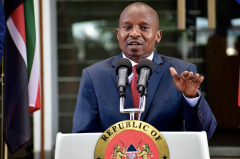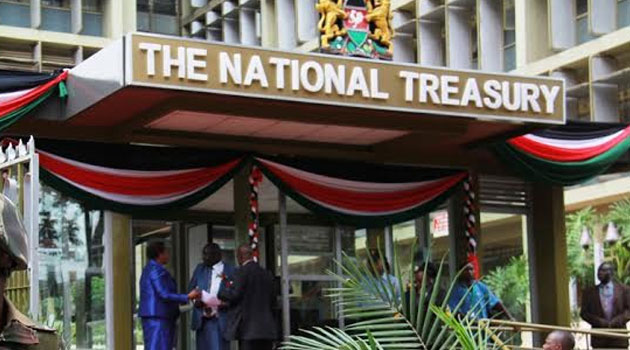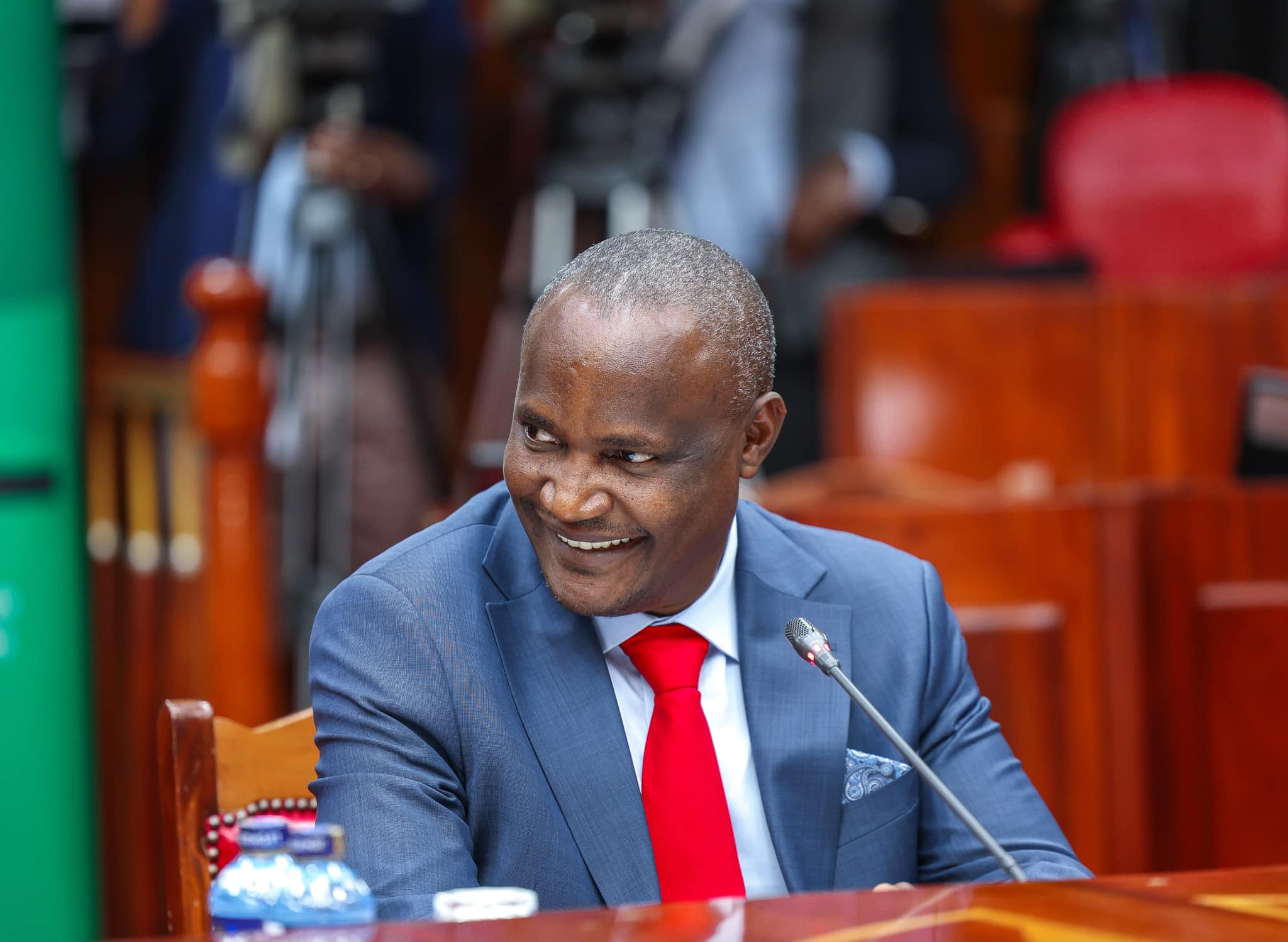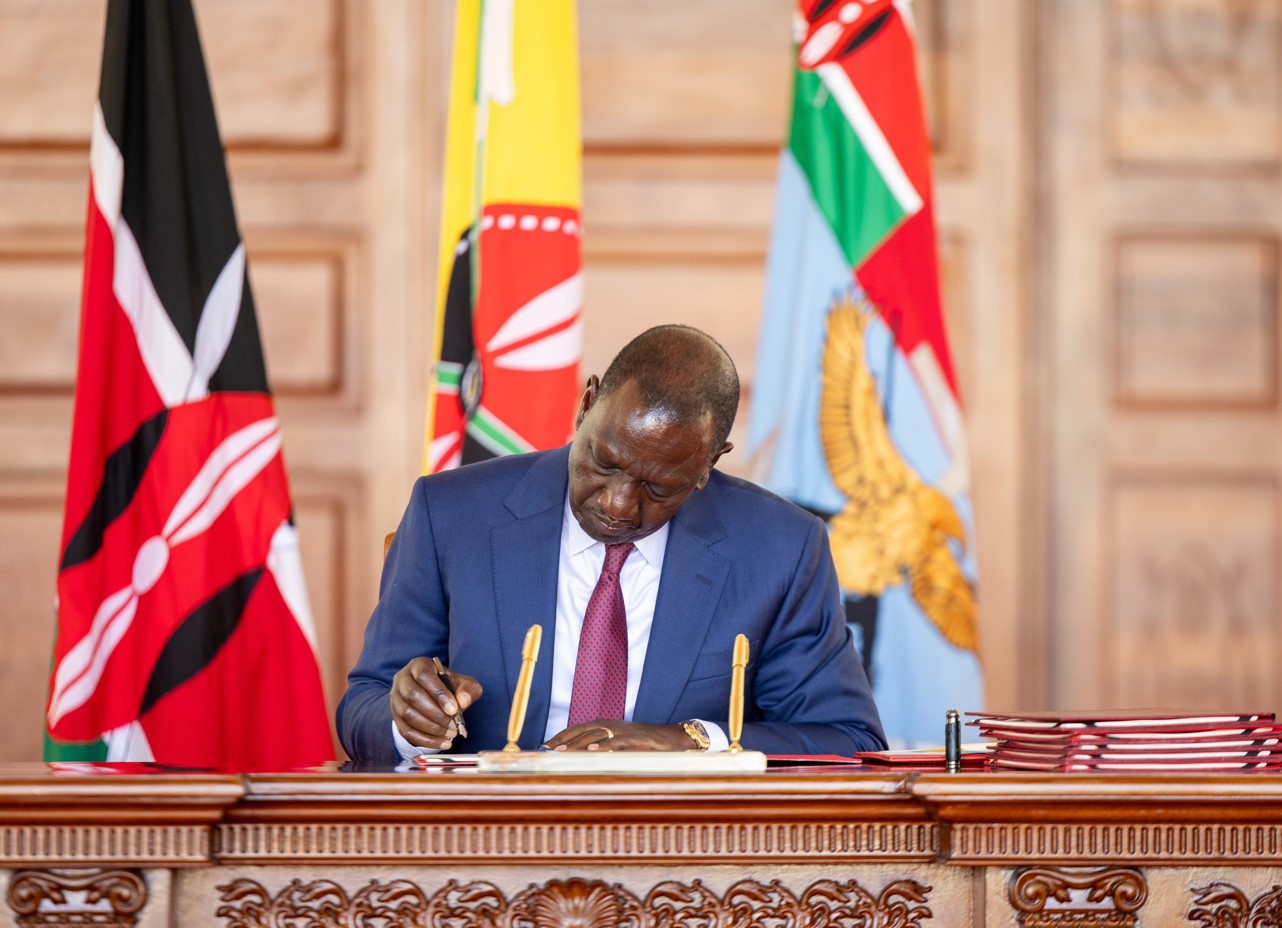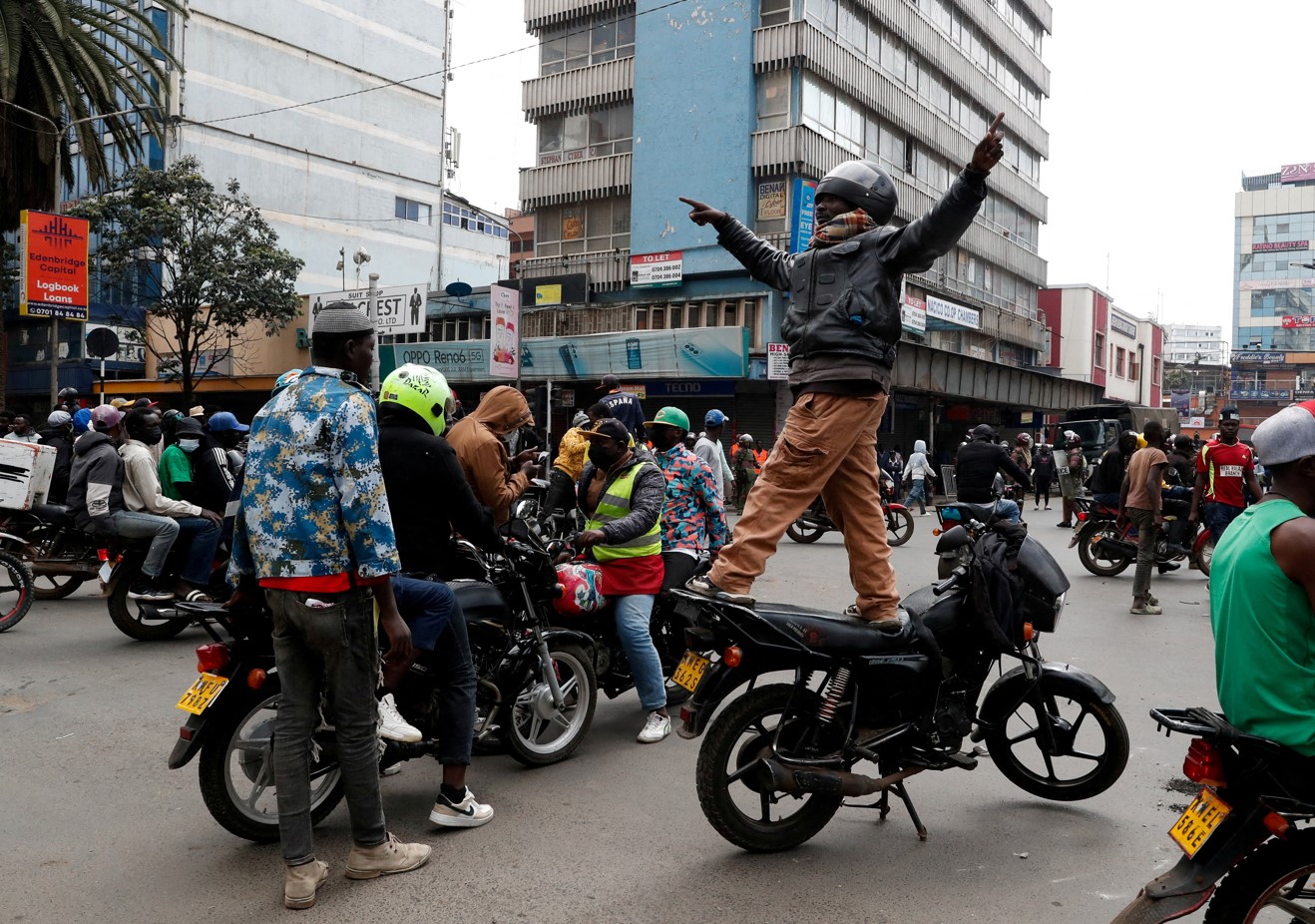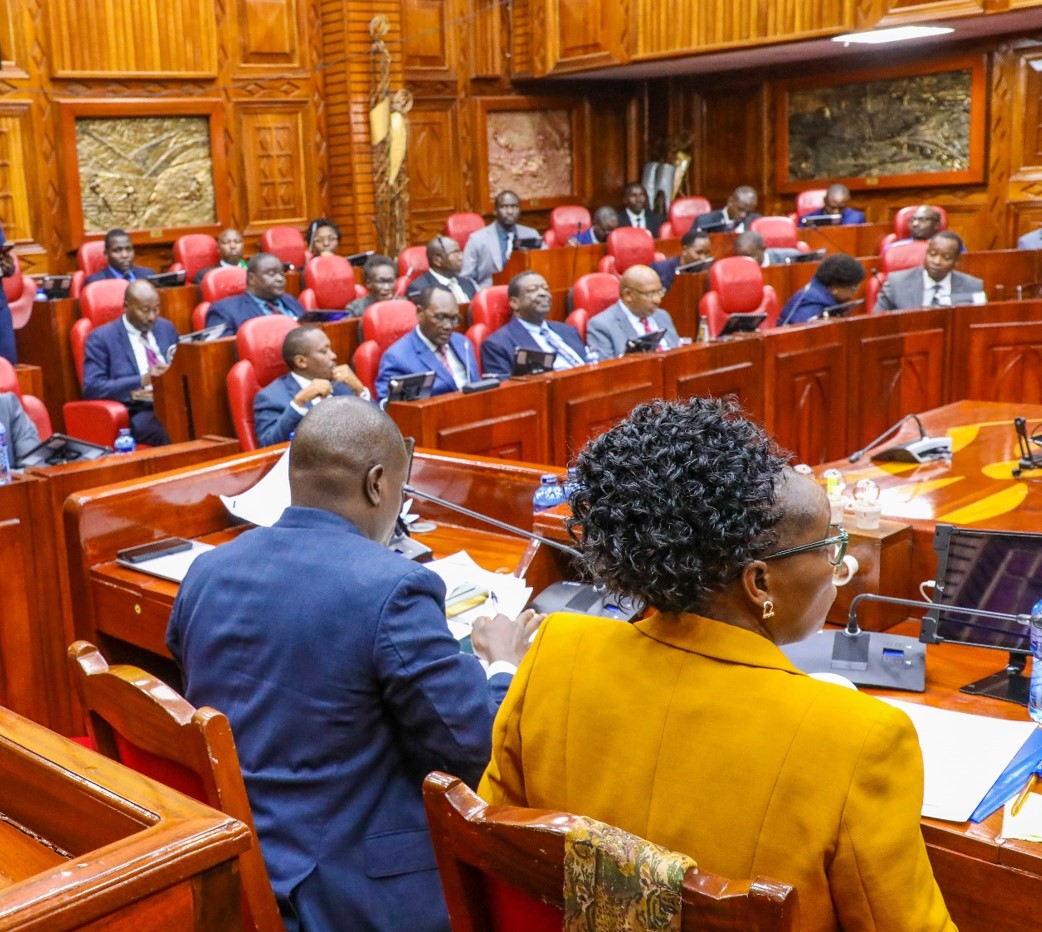Finance Bill: Kenyans question public participation process
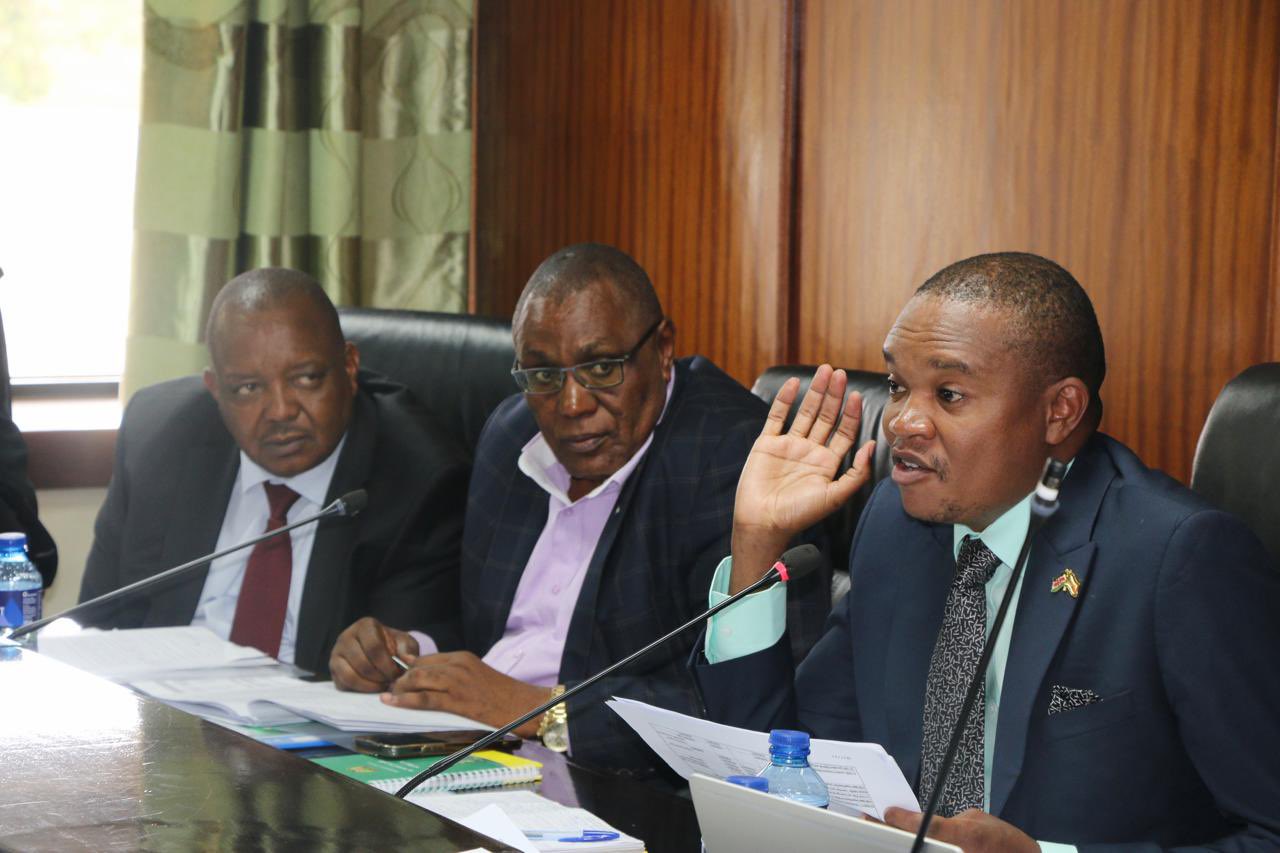
By Lucy Mumbi |
Most of them argued that even though public participation is required in the Constitution, the process merely appears symbolic, lacking substantive impact on decision-making.
A section of Kenyans have expressed dissatisfaction with the public participation processes carried out by various government agencies, calling them ineffective and counterproductive.
Most of them argued that even though public participation is required in the Constitution, the process merely appears symbolic, lacking substantive impact on decision-making.
Keep reading
The sentiments were drawn from the Departmental Committee on Finance and National Planning's decision to invite the public to submit written feedback on the proposed controversial Finance Bill, 2024.
“The government seems determined to proceed regardless of public participation. Even if Kenyans reject the bill, it will likely still be passed. This is what we are used to,” Timothy Mbithi, an Eastleigh resident, lamented.
The Finance Bill 2024
The bill, which was published on May 9, 2024, underwent its first reading on May 13, 2024, after Treasury Cabinet Secretary Njuguna Ndung'u presented his submissions to the National Assembly.
Sponsored by Molo MP Kuria Kimani, the bill proposes new avenues for raising revenue, including liability for and collection of taxes. The bill also amends other pieces of legislation relating to fees, levies, and the management of public funds.
Key among the legislation the proposed law seeks to amend are the Income Tax Act (Cap. 470), the Value Added Tax Act (Cap. 476), the Excise Duty Act (Cap. 472), the Tax Procedures Act (Cap. 469B) and the Miscellaneous Fees and Levies Act (Cap. 469C).
The bill also seeks to amend other pieces of legislation relating to fees, levies, and the management of public funds. These are the Affordable Housing Act (No. 4 of 2024), the Industrial Training Act (Cap. 237), the Data Protection Act (Cap. 411C), the Public Finance Management Act (Cap. 412), and the Kenya Revenue Authority Act (Cap. 469).
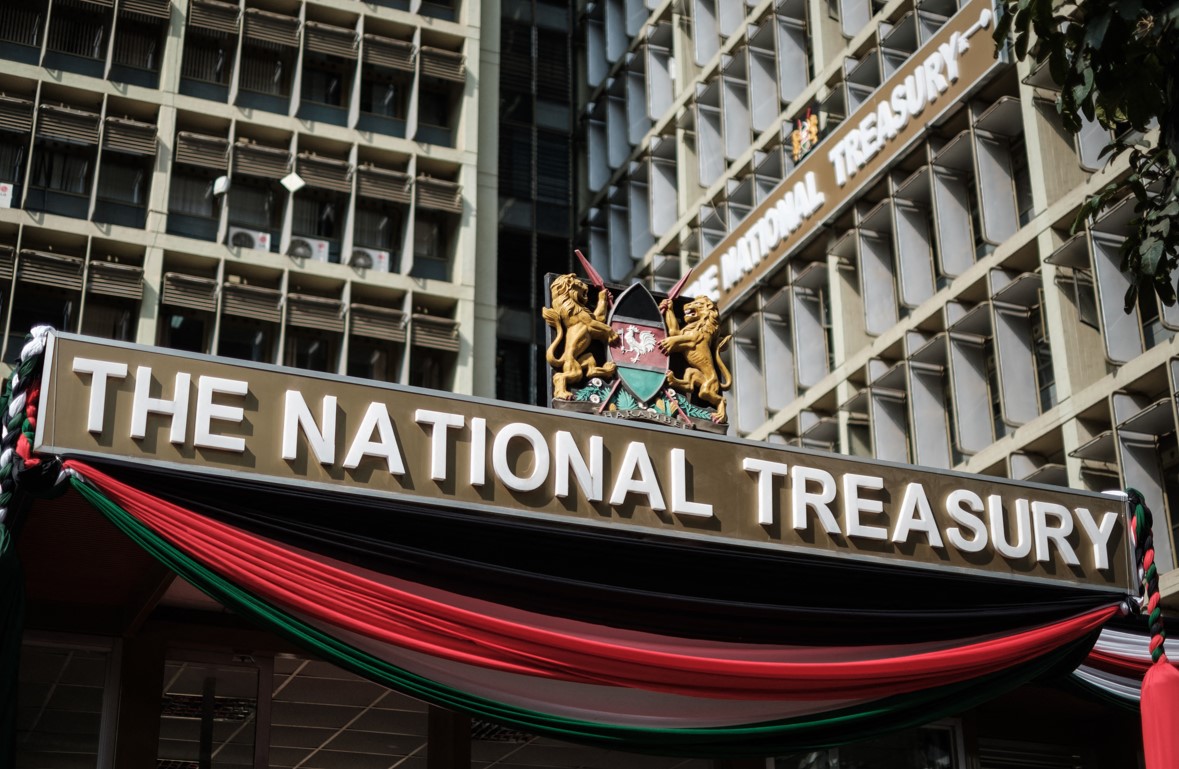 The National Treasury building. (Photo: Yasuyoshi Chiba/AFP)
The National Treasury building. (Photo: Yasuyoshi Chiba/AFP)
What aggrieved most Kenyans with the Finance Bill, 2024 is the new Motor Vehicle Tax, which will be annually charged and paid during motor vehicle insurance cover acquisition. Set at a minimum of Sh5,000 and a maximum of Sh100,000, the levy will be 2.5 per cent of the vehicle’s value.
Speaking to NTV on Tuesday, Kuria Kimani stated that the levy is “a hybrid of income and wealth tax” set to encourage investments in the public transport sector.
“Every time investors want to invest in our public transport system through public-private partnerships, the feasibility studies show that we like to drive our cars so much that we are not able to attract foreign investment," he said, adding that “If you don’t want to pay the motor vehicle circulation tax, then don’t use the car, like how you don’t use the Nairobi Expressway if you don’t want to pay for it."
Mithika Linturi's impeachment saga
Another Eastleigh resident, Daniel Kariuki, expressed frustration with a select parliamentary committee retaining Agriculture CS Mithika Linturi despite allegations of misconduct and abuse of office, with the fake fertiliser scandal at the centre of his woes.
“If the MPs failed to remove the Agriculture CS, do you think the view of a simple mwanachi can be heard?” Daniel Kariuki posed. He added, “The boss at the top is always the one who determines (the outcome).”
Public participation on Finance Bill, 2024
The Constitution requires Parliament to facilitate public participation in amendments, and other business of the Assembly, while Standing Order 127(3) of the National Assembly Standing Orders requires House Committees considering bills to seek public opinions.
“In compliance with Article 118(1)(b) of the Constitution and Standing Order 127(3), the Clerk of the National Assembly hereby invites the public and stakeholders to submit memoranda on the bills to the Departmental Committee on Finance and National Planning,” reads the notice.
According to the notice, the Memoranda on the Bill should indicate the name of the person or organisation submitting it and their contact details.
“It should be hand-delivered to the Office of the Clerk, First Floor, Main Parliament Buildings, Nairobi, or emailed to [email protected] to be received on or before Tuesday, May 28, 2024, at 5.00 p.m.,” reads the notice.
 Bread on sale at a store in Eastleigh, Nairobi, on March 14, 2024. (Photo: Justine Ondieki)
Bread on sale at a store in Eastleigh, Nairobi, on March 14, 2024. (Photo: Justine Ondieki)
While commenting on the bill, the residents urged the government to reject the introduction of a 16 per cent Value Added Tax on bread, as most Kenyans rely on it as a basic necessity.
In the proposed bill, bread, which is currently on a list of items that are zero-rated for VAT purposes— including flour, milk, and sanitary products— will attract the 16 per cent tax that will see the commodity increase by at least Sh10 for a 400-gramme loaf.
National Treasury Cabinet Njuguna Ndung’u said in March that the breakfast staple was likely to be levied VAT, arguing that its zero-rating was misplaced since it benefits the middle class who shop in supermarkets rather than the targeted low-income households.
“If they increase the tax on bread, it means we will no longer take bread. It’s really sad since my child loves bread a lot. Why should they impose taxes on food? The taxes should be imposed on alcohol and drugs instead since children are not dependent on such things,” another resident said.
However, reports allege that President William Ruto, on Monday urged the Treasury to scrap the proposal seeking to introduce VAT on bread. However, the president has yet to comment on the matter publicly.
The cost of mobile money transfers like M-Pesa, airtime, and data is also set to increase in the wake of proposals to impose an additional tax on the items.
Other items whose taxes will be raised include motorcycle imports, betting, payments from government supplies or tenders and whiskies.
Overall, the government is targeting tax collections worth Sh2.94 trillion in the next fiscal year, up from Sh2.62 trillion in the current year.
Reader comments
Follow Us and Stay Connected!
We'd love for you to join our community and stay updated with our latest stories and updates. Follow us on our social media channels and be part of the conversation!
Let's stay connected and keep the dialogue going!

